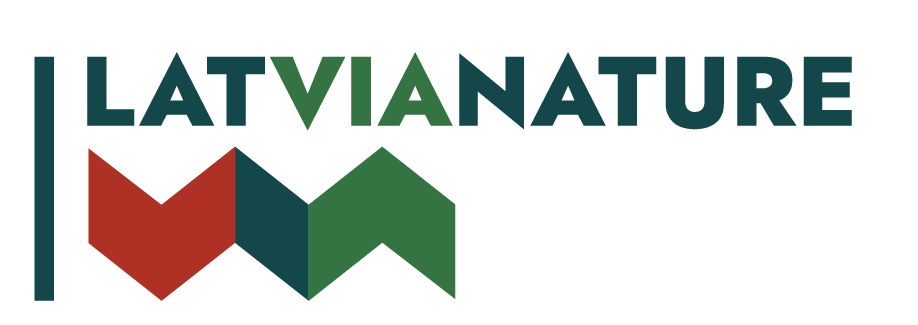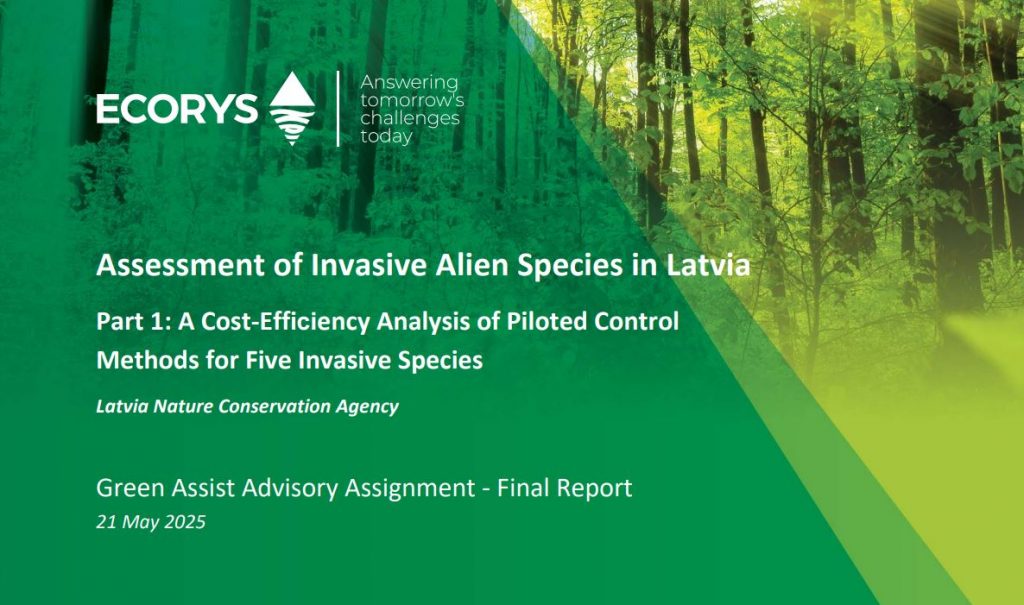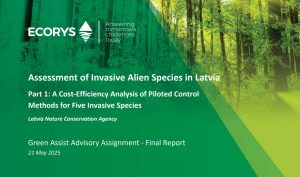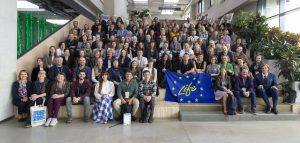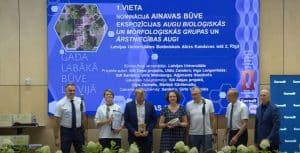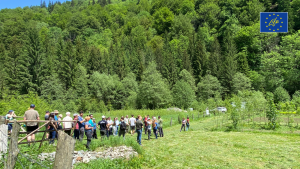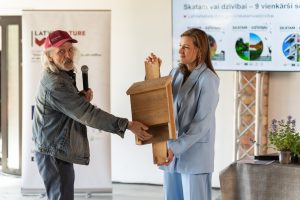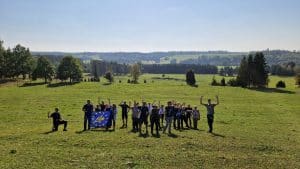A core objective of LatViaNature is to enhance the national invasive alien species (IAS) management system. The project is implementing the most extensive scientific research of its kind in Latvia, covering more than 110 hectares across 13 pilot sites. Within these pilot areas, different eradication methods are being tested to identify those most suitable and effective under Latvian conditions.
The project focuses on five invasive alien species with scientifically proven negative impacts on Latvia’s biodiversity: Himalayan balsam Impatiens glandulifera, Manitoba maple Acer negundo, Canadian goldenrod Solidago canadensis, Japanese rose Rosa rugosa, dwarf serviceberry Amelanchier spicata.
The evaluation of eradication methods will enable the development of national guidelines for IAS eradication, supporting wider application across Latvia.
Through Green Assist, LatViaNature engaged Dutch environmental economist Olaf Kooijmans, who led a detailed analysis of eradication approaches. The results provide an evidence base for strategic decision-making in IAS management at the national and local levels.
Cost-efficiency analysis report: Assessment of Invasive Alien Species in Latvia. A Cost-Efficiency Analysis of Piloted Control Methods for Five Invasive Species: HERE>>>
Cost-benefit analysis framework: Assessment of Invasive Alien Species in Latvia. A CBA Framework for Ranking Avoided Damages for IAS Control Management: HERE>>>
The analyses are expected to serve as valuable tools for public authorities, municipalities, private landowners, and other stakeholders when planning IAS eradication measures or preparing funding applications in this field. Key policy-relevant insights include:
- Financial efficiency and prioritisation – eradication measures are often costly, and effectiveness varies across environments. The results highlight which methods deliver the greatest impact relative to cost, enabling resources to be directed swiftly to the most effective interventions.
- Accelerated decision-making – clear comparative evidence supports timely and well-informed choices.
- Ecosystem resilience – early and effective action reduces biodiversity loss and contributes to the restoration of natural ecosystems.
- Public engagement – evidence-based approaches enhance trust, helping to secure public support and involvement in IAS eradication initiatives.
For further information on the analytical methodology and underlying calculations, please contact: latvianature@daba.gov.lv
